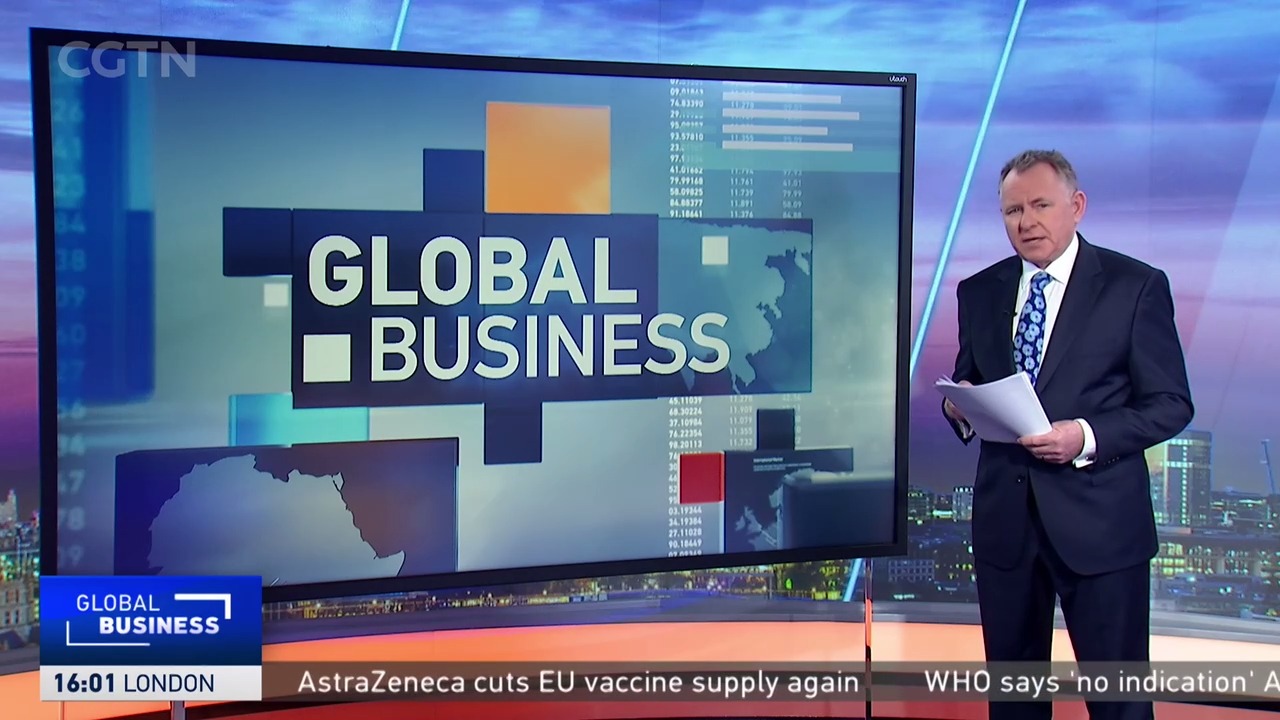
Chinese Foreign Minister Wang Yi has been a key figure in reaching an agreement between the two trading powers. /AFP.
Chinese Foreign Minister Wang Yi has been a key figure in reaching an agreement between the two trading powers. /AFP.
After seven long years of negotiations, the provisional terms of the EU-China Comprehensive Agreement on Investment have been revealed.
On Friday, the European Commission published some of the key details of the trade deal, though they still need to be officially ratified and legally reviewed before they come into force.
EU Trade Commissioner Valdis said the terms provide "a level the playing field" and more certainty for European companies.
Negotiations between the two global powers began back in November 2013, and it was hoped they would conclude within 30 months but an agreement took significantly longer.
CGTN takes a look at the key terms that have been agreed between the EU and China and how they will affect European businesses.
READ MORE
Doctor recalls Italy's first COVID-19 case
China's Two Sessions at a glance
How did 'nudge theory' do during COVID-19?
08:13

Bilateral investment
Investment between the two global powers has increased significantly over the past 20 years. EU companies have invested $175 billion in China, while Chinese companies have invested $139 billion in European companies. Now, the terms of the new trade deal will seek to create a balance in investment between the two powers.
Technology transfers prohibited
EU companies have long complained about being forced to use Chinese technology when manufacturing goods or operating their businesses in China. Under the new deal, forced technology transfers will be prohibited. It will come as a relief to EU companies after a European Commission survey found that one in six businesses felt they had to use Chinese tech in order to maintain market access
China's manufacturing commitment
China has guaranteed that the EU will have continued access to its manufacturing sector. EU investment in Chinese manufacturing currently accounts for nearly 50 percent of its entire investment in the country (28 percent in the automotive sector and 22 percent in its materials industry). However, there isn't a reciprocal agreement that requires the EU to guarantee China the same access to the EU's manufacturing sectors.
The deal also does away with caps on foreign ownership in the manufacturing of passenger cars, meaning EU companies can establish and fully own car manufacturing plants after 2022. It also gets rid of a rule that prohibits foreign automakers from setting up more than two joint ventures - both points are key given that China is the world's largest car market.
Healthcare and innovation
EU firms will gain a foothold in China's trillion-dollar healthcare sector. This deal allows investors to set up wholly-owned private hospitals and clinics, but in limited locations -mainly very large like Beijing, Shanghai, and Shenzhen.
China has also agreed to lift the investment ban for cloud services. They will now be open to EU investors, with ownership of companies capped at 50%.
China's energy boost
Chinese firms will gain access to new industries like renewable energy. Chinese investors will be allowed to hold up to 5 percent market share of the electricity generated from wind and solar in each member state. This comes as Europe throws billions of dollars towards a green transition.

European Commission Executive Vice-President and EU Trade Commissioner Valdis Dombrovskis says the trade deal will create a level playing field between the EU and China. /AP.
European Commission Executive Vice-President and EU Trade Commissioner Valdis Dombrovskis says the trade deal will create a level playing field between the EU and China. /AP.
How have the EU and China reacted?
Dombrovskis revealed his delight at the terms of the agreement, which he believes will result in a fairer trading relationship between the two parties.
"The CAI rebalances the EU-China investment relationship. Today's publication of market access demonstrates how the CAI will help to level the playing field and provide more market openings for EU companies and investors.
"The agreement provides a clear and enforceable framework of rules, which will give EU businesses greater access and more certainty when investing in China."
On Tuesday, Head of the Chinese Mission to the EU, Zhang Ming, told CGTN: The agreement is good news for China-EU cooperation, global economic recovery and China's reform and opening-up.
"The two sides will push forward the follow-up work, to ensure that Chinese and European people and businesses could benefit from this agreement at an early date."

